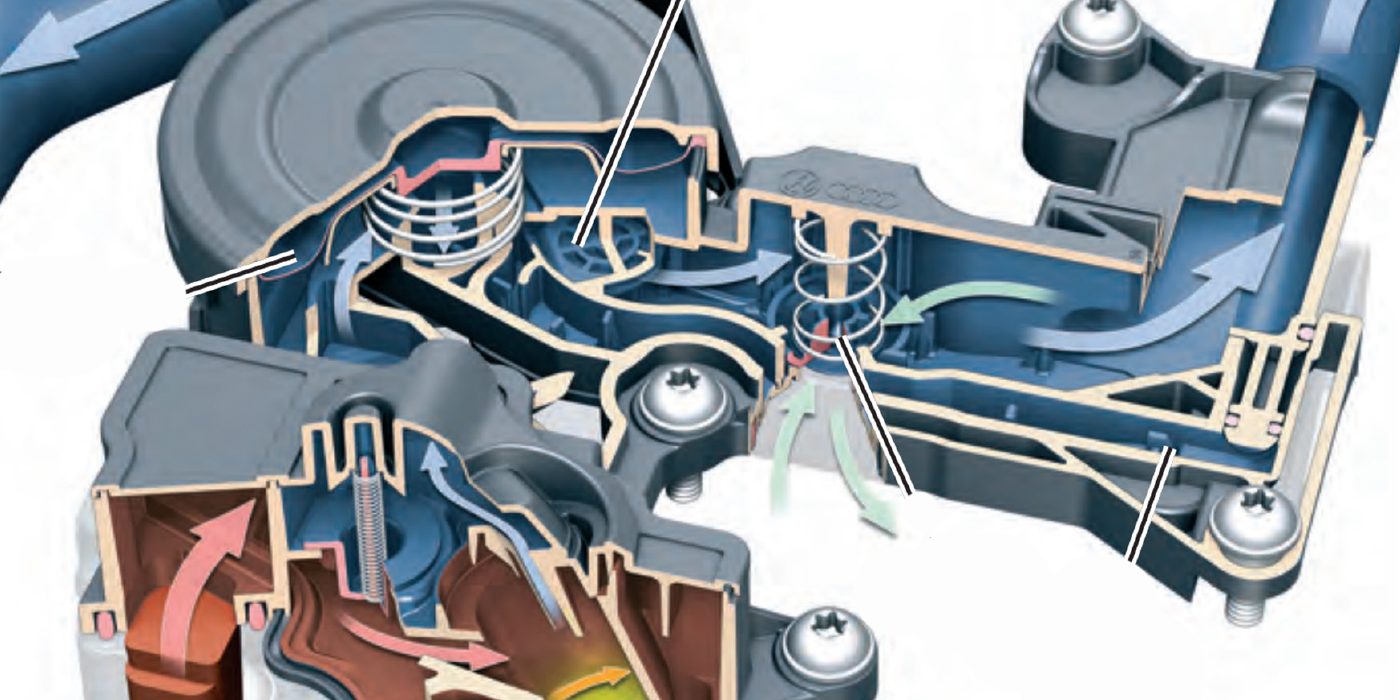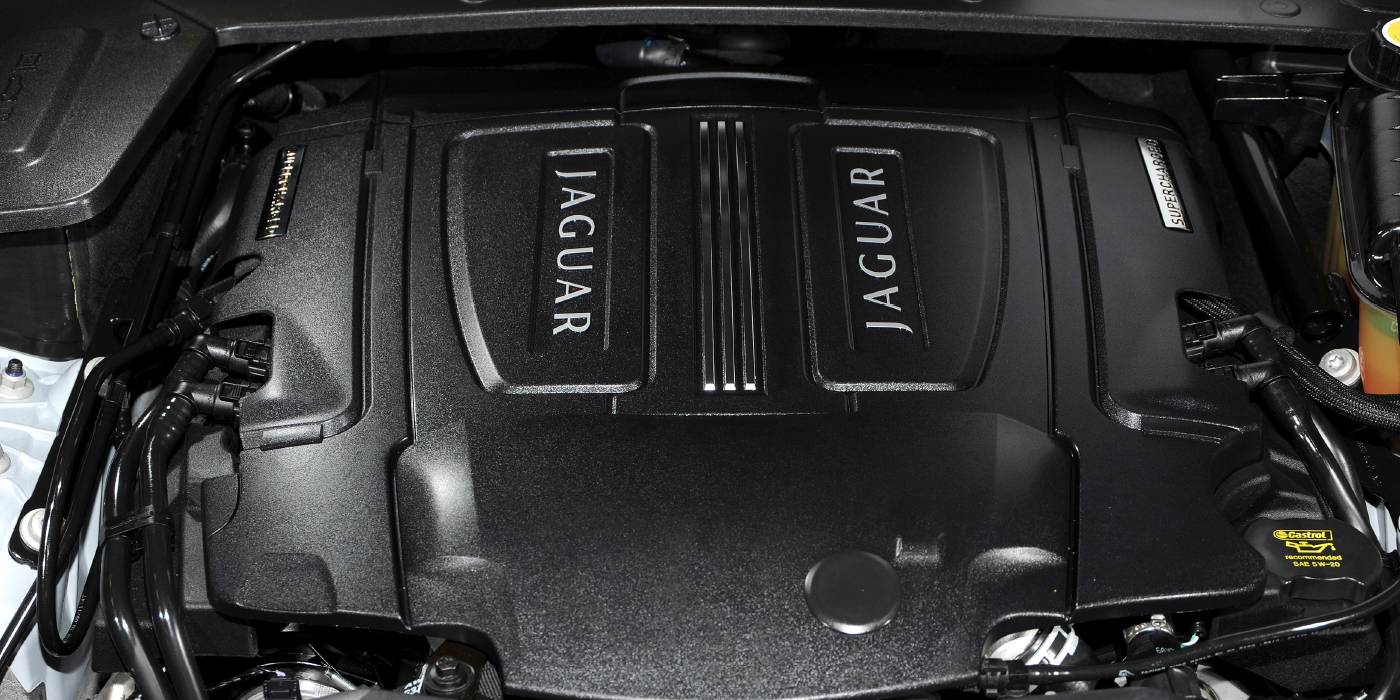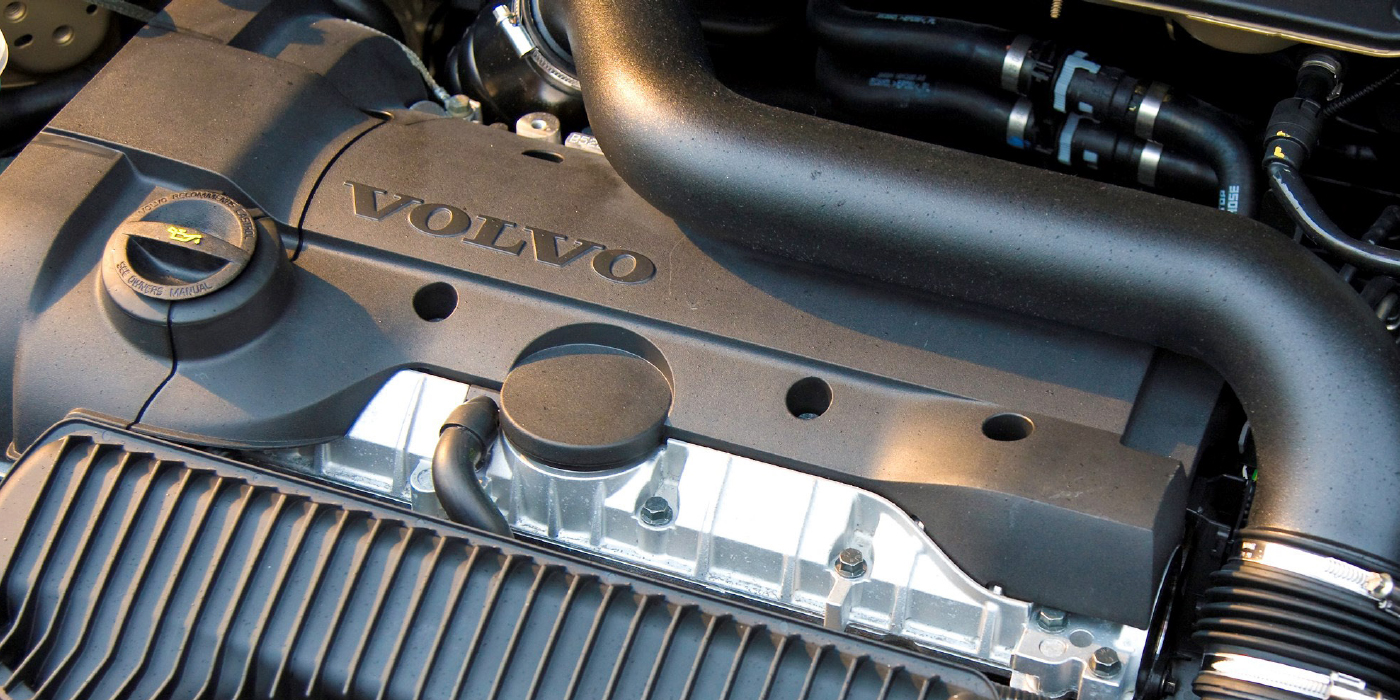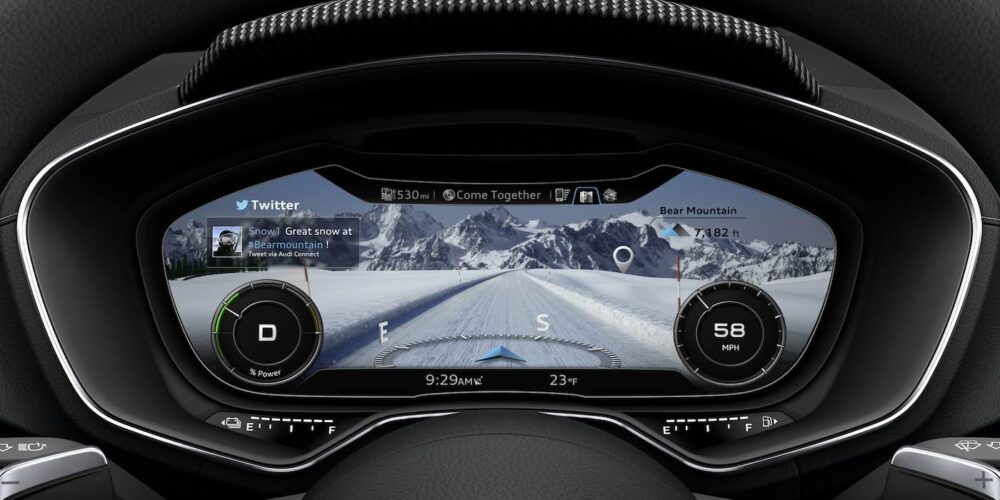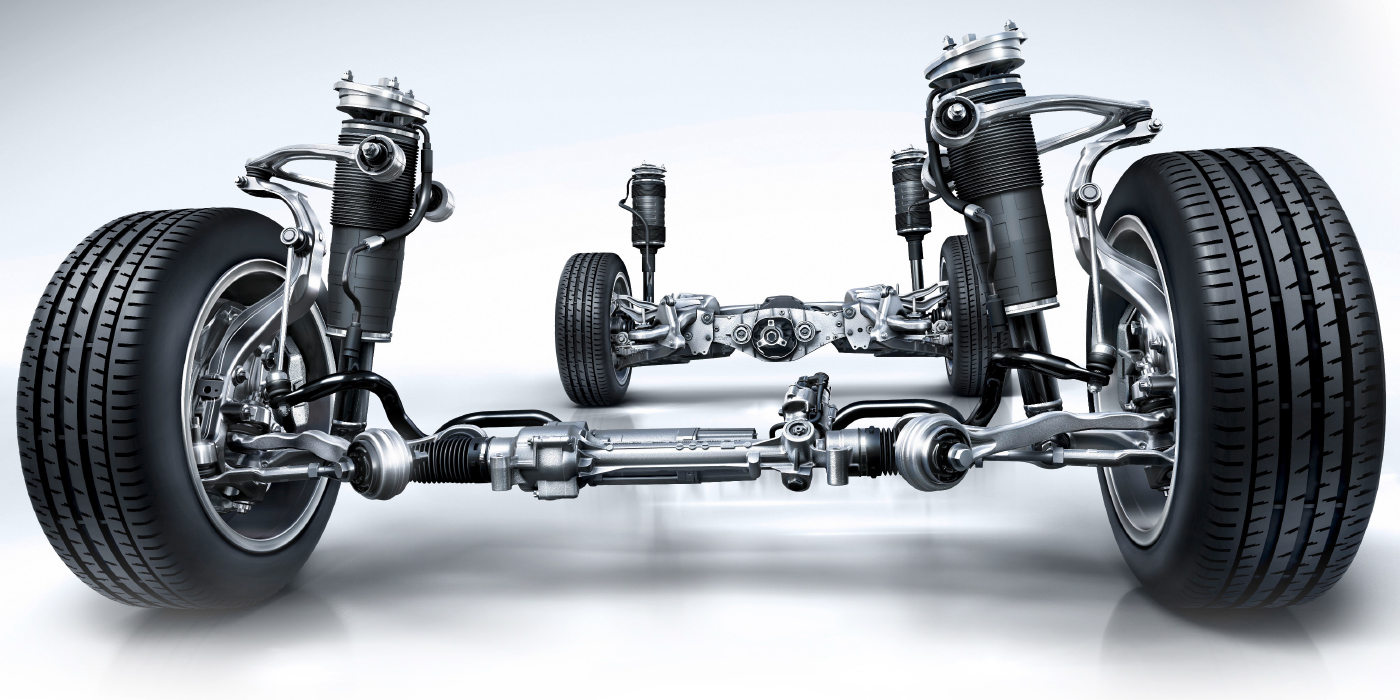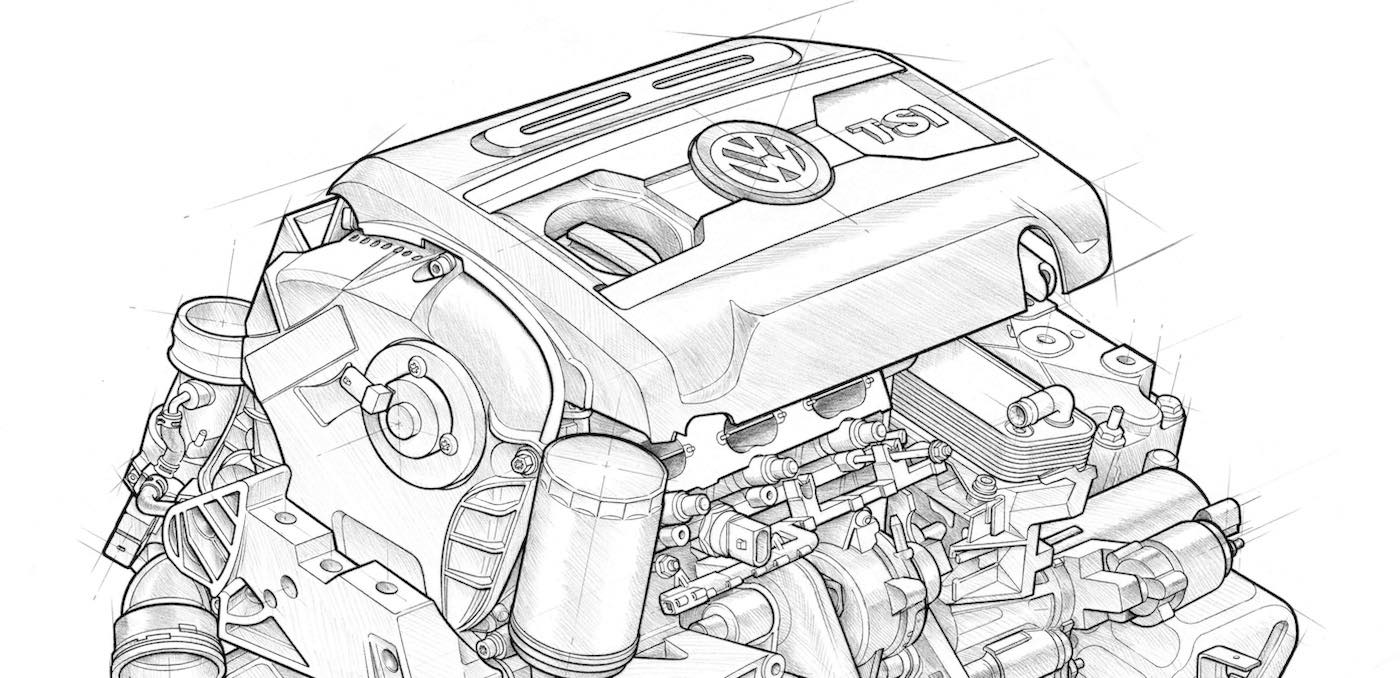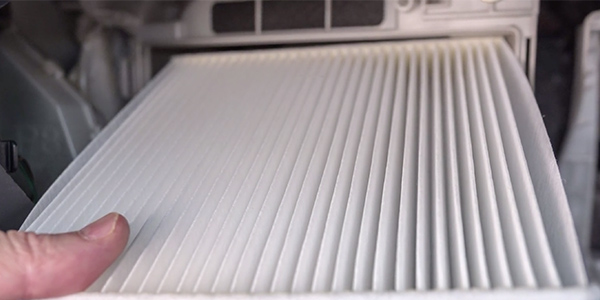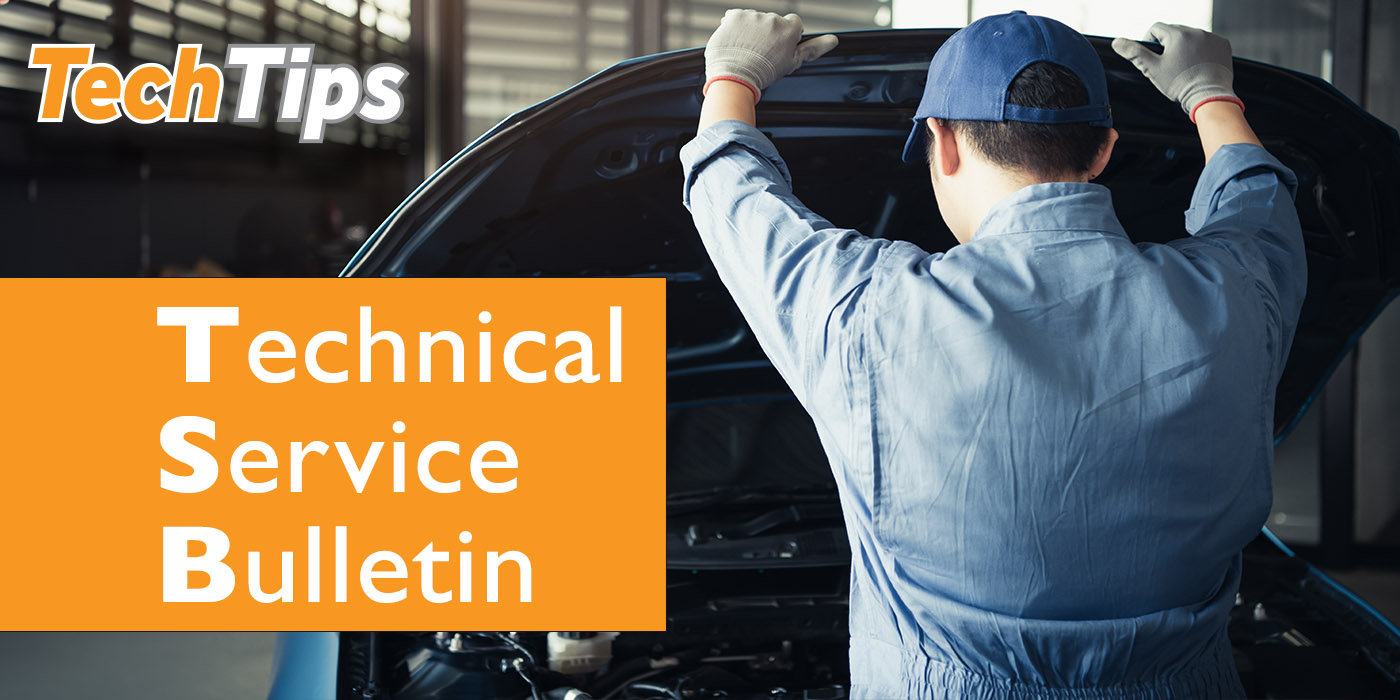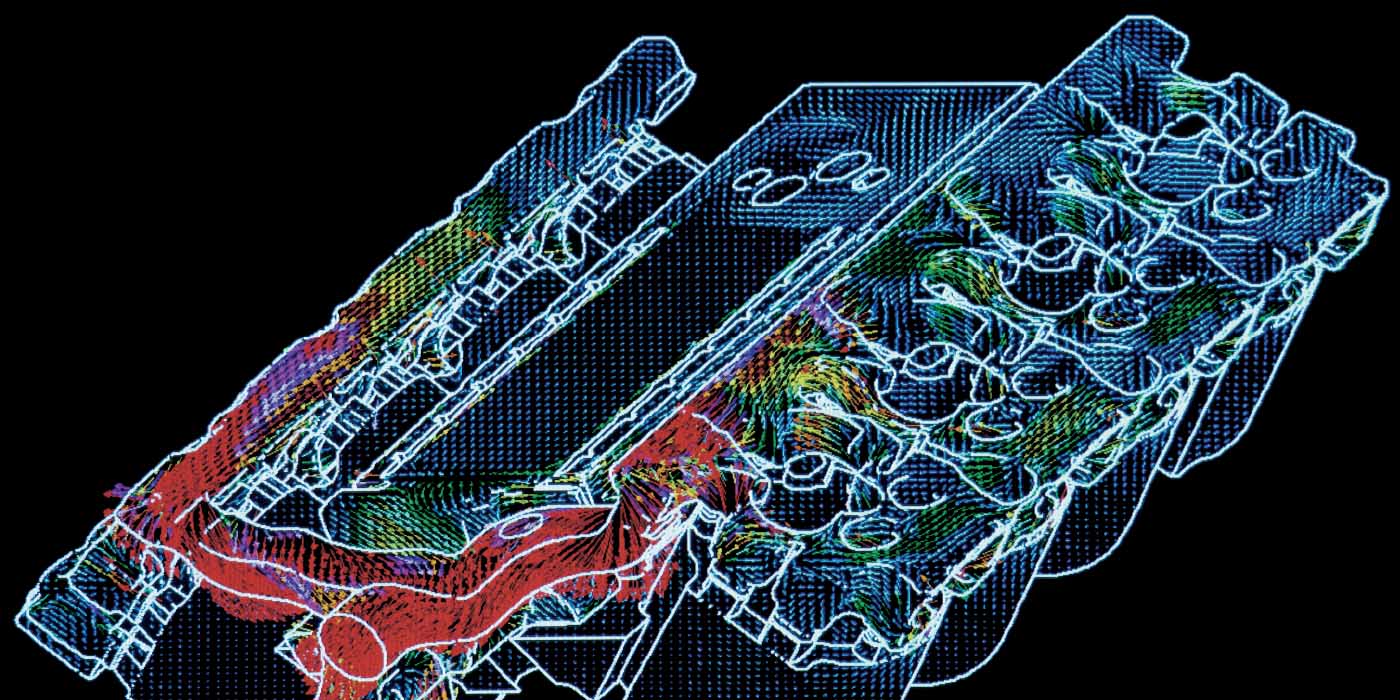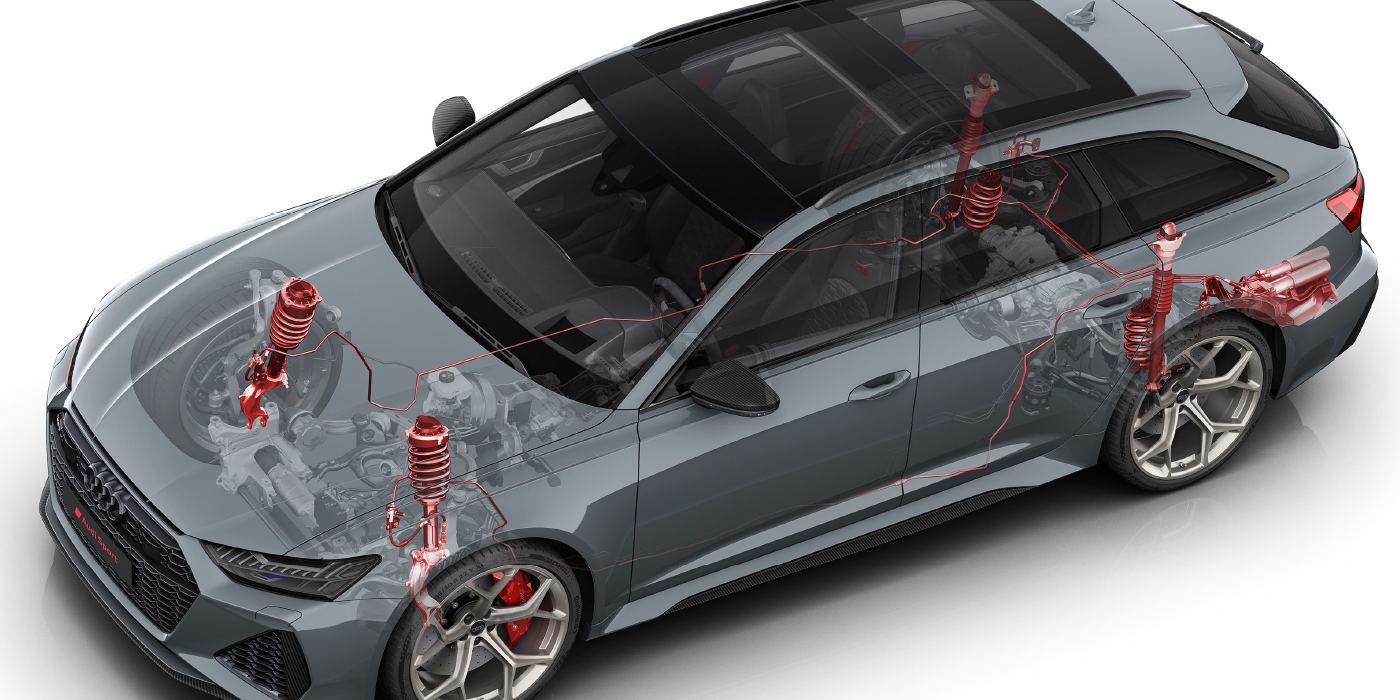
Volkswagen of America notified the National Highway Traffic Safety Administration (NHTSA) that it will be issuing a voluntary safety recall affecting the fuel pump on certain 2009-2014 model year Volkswagen Tiguan vehicles.
The recall affects approximately 151,389 model year 2009-’14 Volkswagen Tiguan vehicles. In isolated cases, it is possible that gas bubbles may form in the fuel system when winterized fuel with high vapor pressures is used in warmer areas or during months with higher ambient temperatures or during engine hot soak. The condition occurs when the engine is restarted within a short period of time, before the engine has fully cooled down. When the vehicles affected by this recall have been operated under low load for an extended period of time, deposits may collect and degrade the electrical current flow inside the in-tank fuel pump, thus leading to reduced fuel pump performance and pressure. If these conditions occur in combination, the fuel pump may not be able to overcome the vapor pressure under low loads and can potentially result in a vehicle stall directly after engine start. Potentially, this could lead to a crash.
To fix the issue, authorized Volkswagen dealers will install revised Electronic Control Module (ECM) software on all affected vehicles.
No accidents or injuries related to this issue have been reported. Volkswagen will notify all owners of affected vehicles and will instruct them to arrange for an appointment with an authorized Volkswagen dealer.

